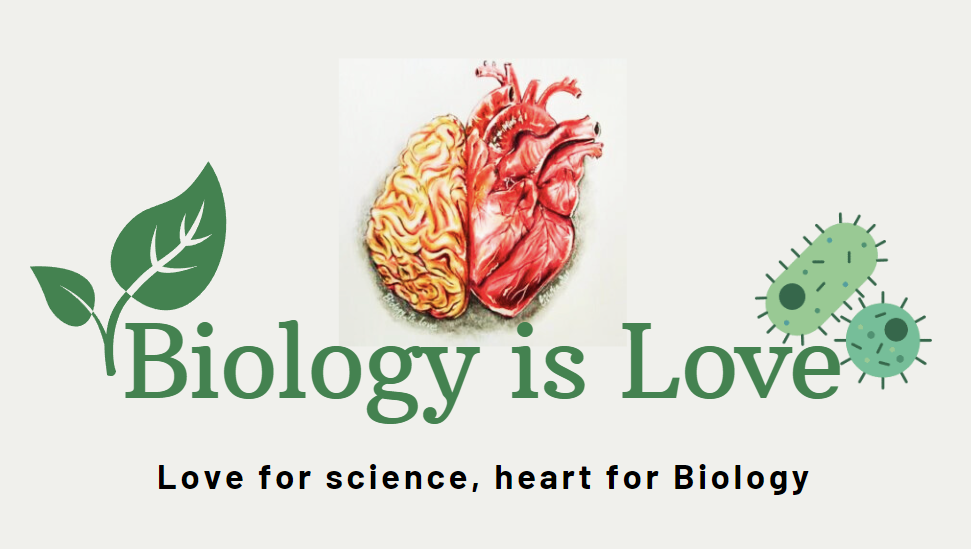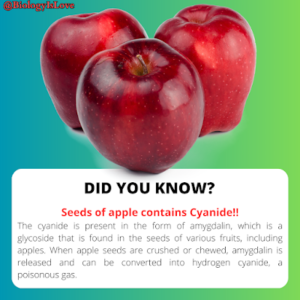Table of Contents
Yes, there is cyanide in apple seeds. They are pretty poisonous. We have no idea about it. But, in many crime news or movies we can observe the facts.
Yes !! you heard right. There is Cyanide in apple seeds. But how much??
Apple seeds are often regarded as a healthy snack that is packed with numerous nutritional benefits. However, there is a concern that apple seeds contain cyanide, a toxic substance that can cause harm to the human body. In this article, we will discuss the truth behind apple seeds containing cyanide, how much cyanide is present, and whether eating apple seeds is safe or not.

The truth behind cyanide in apple seeds
Apple seeds contain a small amount of cyanide, which is a poisonous chemical compound that can be harmful to the body if ingested in large amounts. The cyanide is present in the form of Amygdalin, which is a glycoside that is found in the seeds of various fruits, including apples. When apple seeds are crushed or chewed, amygdalin is released and can be converted into hydrogen cyanide, a poisonous gas.
The amount of cyanide in apple seeds:
The amount of cyanide present in apple seeds varies depending on the variety of apple and the size of the seeds. Generally, one gram of apple seeds contains about 0.6 milligrams of cyanide. This may seem like a small amount, but it can be lethal if consumed in large quantities. It is estimated that ingesting between 150 and 200 apple seeds can cause death in an adult.
While apple seeds do contain cyanide, it is important to note that the amount present is typically very small and not enough to cause harm in small quantities. Eating a few apple seeds accidentally is unlikely to cause any harm. However, intentionally consuming large quantities of apple seeds can be dangerous and even deadly.
In addition to the potential health risks, eating apple seeds can also lead to gastrointestinal discomfort, including nausea, vomiting, and stomach pain. The cyanide present in apple seeds can also cause headaches, dizziness, and confusion.
Many other plant-based foods contain cyanide-producing compounds. Previous studies have found at least 55Trusted Source different cyanogenic chemicals in over 2,650 species of plant. Apples belong to the Rosaceae family of plants, many of which also contain amygdalin in their seeds, pits, or kernels. This includes:
- pears
- apricots
- cherries
Again, though, it is only the seeds that pose any risk. The fruits are safe to eat. An exception to this are nuts in the Rosacaea family, such as almonds and cashews, as well as flaxseeds. These foods are in themselves seeds, and so do contain some amygdalin. However, the species influences how much amygdalin these foods contain. For example, bitter almonds contain significantly more amygdalin than the sweet almonds people can buy in stores.
In conclusion, apple seeds do contain cyanide, but the amount present is typically very small and not enough to cause harm in small quantities. However, intentionally consuming large quantities of apple seeds can be dangerous and even deadly. Therefore, it is recommended to avoid eating apple seeds altogether, and instead, focus on consuming the fruit itself, which is packed with numerous health benefits. If you accidentally ingest a few apple seeds, there is no need to worry, as the small amount present is unlikely to cause harm.
Okay, here’s the lowdown on apple seeds and cyanide: you’d basically have to be a squirrel on a hardcore apple seed diet to get poisoned. It would take the average person munching their way through about 18 apple cores, seeds and all, to even start feeling woozy. So, unless you’re planning a “seed-a-licious” marathon, that occasional accidental core chomp is nothing to worry about.
Other related notes:
- Cell cycle checkpoints: https://thebiologyislove.com/cell-cycle-checkpoints/
- Useful numbers in cell culture: https://thebiologyislove.com/useful-numbers-for-cell-culture/
Facebook link: https://www.facebook.com/share/p/dBVS1ZsBfEg2wRF3/?mibextid=oFDknk

